In an era where technology evolves at the speed of light, manufacturing industries are not just keeping pace; they're leapfrogging into the future. One might wonder how. The answer lies in two words: artificial intelligence (AI) and the integration of AI solutions for manufacturing. It is not just an upgrade; it's a revolution redefining efficiency, productivity, and innovation.
This game-changing move has opened up many opportunities, making operations smarter, decisions data-driven, and outcomes more predictable. That's the power of AI in manufacturing. But how exactly is AI making such a monumental impact? Let’s dive into seven use cases that illustrate the transformation.
Predictive Maintenance
Predictive maintenance is transforming the heartbeat of the manufacturing floor. A machine breakdown was like a nasty surprise party in the past, happening at the worst possible times and leaving everyone scrambling. But with AI stepping into the scene, we're moving from reacting to proactively preventing.
Imagine AI as the diligent worker who never sleeps, constantly monitoring the health of machines, listening for the faintest whispers of trouble. This isn't just about avoiding the inconvenience of downtime; it's a strategic move that saves millions in lost productivity and repair costs.
By spotting issues before they escalate, companies can plan maintenance during off-peak hours, keeping the production line moving smoothly. It’s akin to having a guardian angel for machines, ensuring they operate at their best without unexpected hiccups.
Quality Control
Quality control is where AI shines like a star in the manufacturing universe. The old way of quality checks often felt like looking for a needle in a haystack, labor-intensive, and prone to errors. AI brings in the cavalry with its advanced algorithms and eagle-eyed precision.
Picture this: a camera that sees more than the human eye, catching every imperfection, no matter how small. This level of detail means products are scrutinized like never before, ensuring that what leaves the factory is nothing short of perfect.
But it’s not just about catching mistakes but learning from them. AI analyses every defect, feeding this information into the system, continuously improving and adapting. This cycle of learning and enhancing boosts product quality and empowers teams with insights to innovate and excel.
Supply Chain Optimization
The supply chain is often likened to a complex puzzle, with every piece needing to fit perfectly. In the past, managing this puzzle required a mix of guesswork and experience, often leading to inefficiencies. Now, AI introduces a new way to solve this puzzle, using data to see the big picture and the tiny details.
Think about predicting demand before it spikes, adjusting inventory in real-time, and streamlining logistics to deliver products faster and more cost-effectively. This isn't just efficiency for efficiency's sake; it's about being agile in a fast-paced world, ready to adapt to market changes and consumer needs with precision.
AI's role in the supply chain is like having a super-powered assistant who can analyze trends, anticipate challenges, and suggest solutions before problems even arise. This proactive approach keeps businesses one step ahead, ensuring they're not just participants in the market but leaders.
Customization at Scale
The demand for personalized products is skyrocketing, and AI is the maestro orchestrating this new manufacturing era. Picture a world where your preferences are not just noted but anticipated, where products are tailored to your tastes without slowing down the whirlwind pace of production.
AI makes this possible by infusing flexibility into manufacturing processes. It's like having a magic wand that adjusts colors, sizes, and features on the fly, catering to individual preferences with the efficiency of mass production. This capability revolutionizes customer experience, creating a bond between brands and consumers based on understanding and delivering unique desires.
Moreover, this shift towards customization is not just a win for consumers; it opens up new avenues for businesses to differentiate themselves, innovate, and capture niche markets. With AI, the phrase "made just for you" takes on a new level of meaning.
Robot-Assisted Production
Robots have been part of the manufacturing landscape for decades, but AI is giving them an extraordinary upgrade. These aren't the robots of old, confined to repetitive tasks with no room for deviation.
AI-empowered robots are artists and problem solvers capable of gracefully adapting to new tasks. They work tirelessly, handling materials that are too heavy, hot, or hazardous for human hands, making the workplace safer and more productive. It's a partnership where humans and machines learn from each other, leading to once unimaginable innovation.
This synergy enhances the efficiency and quality of work, freeing human workers to focus on creative and strategic tasks. Integrating AI with robotics is crafting a future where possibilities are boundless and the limits of what can be achieved constantly expand.
Energy Efficiency
In today's world, being green is not just nice; it's necessary. With its traditionally high energy consumption, manufacturing is under pressure to turn over a new leaf. AI is the architect of this transformation, optimizing energy use across every aspect of production. It's like having a diligent energy detective, identifying leaks and inefficiencies that humans might overlook.
This goes beyond simple cost savings; it's about stewardship of our planet, reducing carbon footprints, and setting a new standard for sustainable practices. AI's ability to analyze and optimize energy use in real-time is changing how factories operate; it's changing how they're perceived, from energy hogs to leaders in sustainability.
This shift is crucial in a world where environmental responsibility is not just expected but demanded by consumers, making AI an invaluable ally in the quest for a cleaner, greener future.
Enhanced Decision-Making
The decision-making landscape in manufacturing is intricate, with countless variables to consider and immense pressure to get it right. AI is the compass that guides these decisions, providing clarity amidst complexity. It's like having an all-seeing eye that considers everything from market trends and consumer behavior to supply chain logistics and production efficiency.
This comprehensive analysis leads to insights that are not just data-driven but deeply strategic, enabling businesses to navigate challenges and seize opportunities confidently and with precision. AI demystifies the decision-making process, turning gut feelings into informed strategies. This empowers leaders to make bold moves backed by solid data, driving innovation and ensuring that their companies are keeping up and setting the pace.
Conclusion
The integration of AI solutions for manufacturing is more than just a trend; it's a fundamental shift that's setting new standards for efficiency, quality, and innovation. As manufacturers continue to harness the power of AI, the future of manufacturing looks brighter than ever.
It’s a journey of transformation that’s just beginning, but one thing is clear: the impact of AI on manufacturing is profound, and the possibilities are as limitless as our imagination.




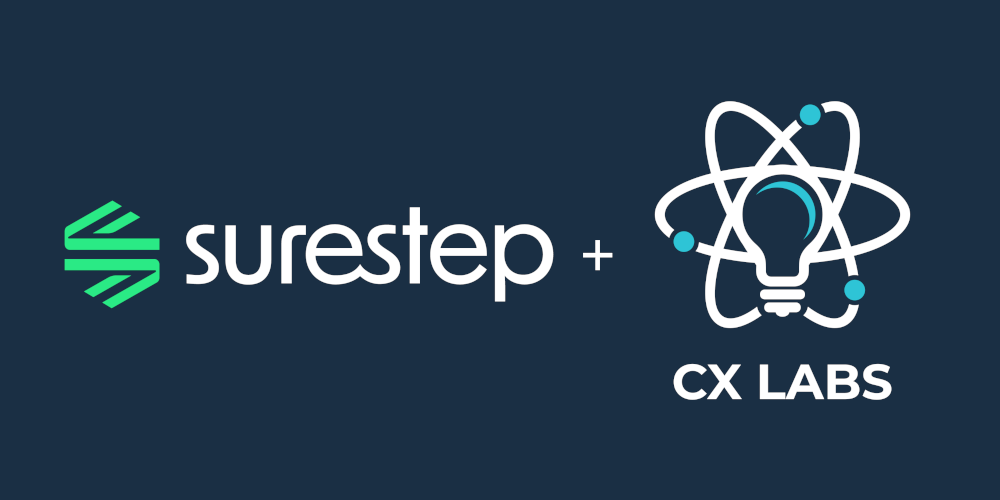
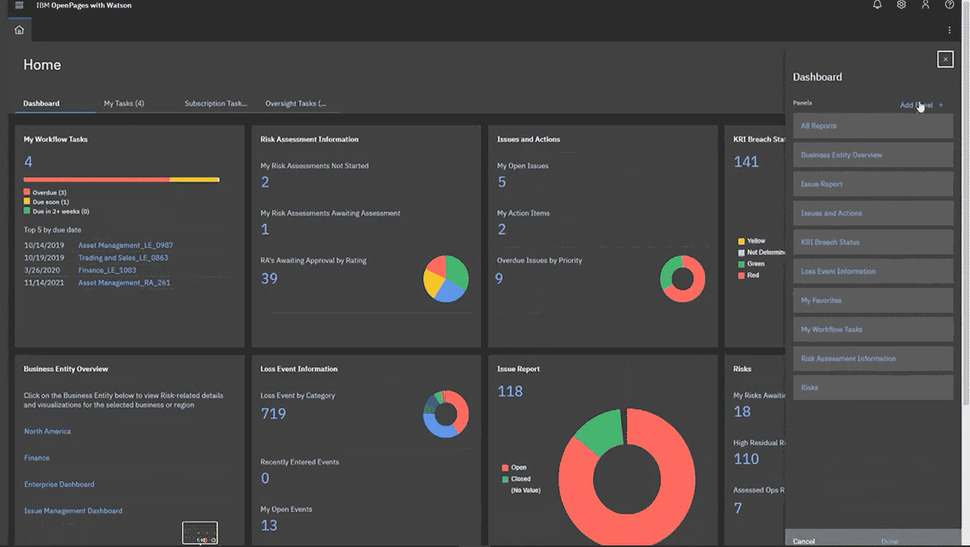




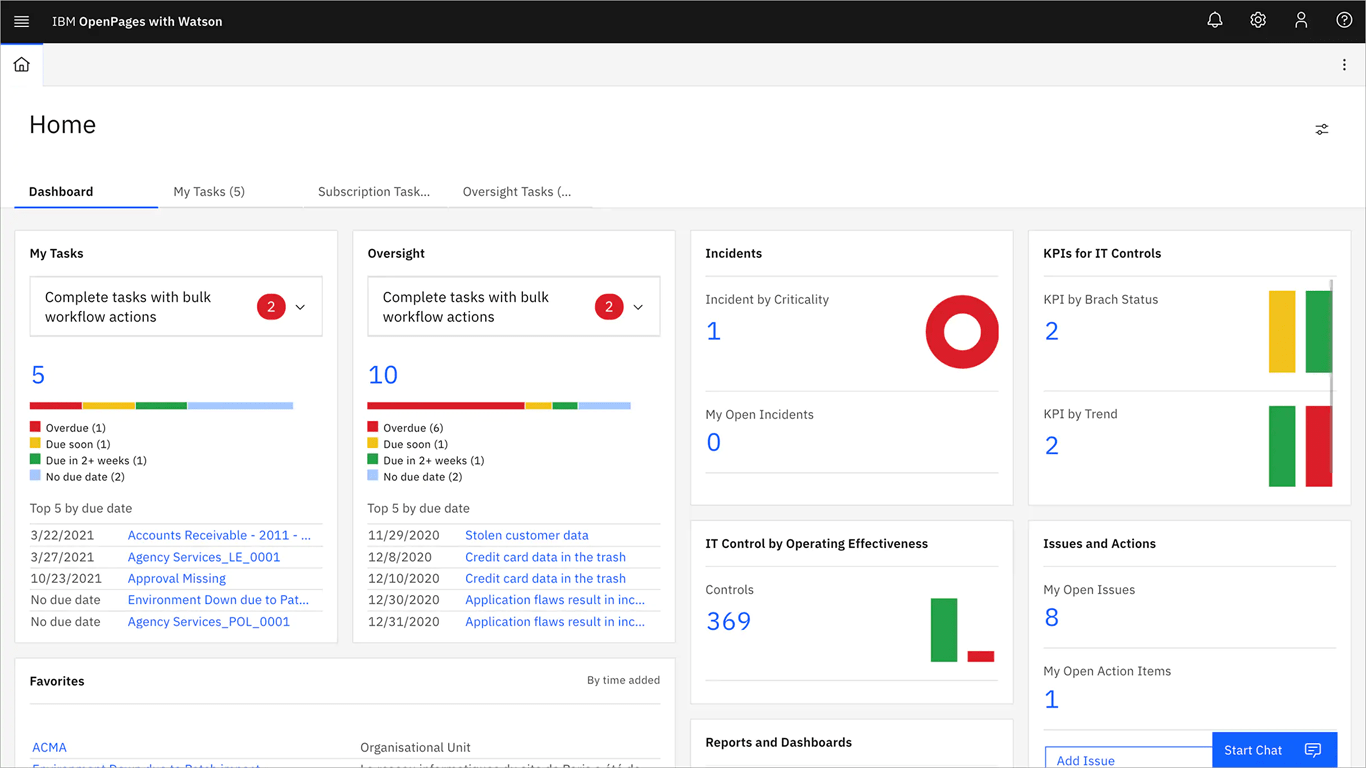

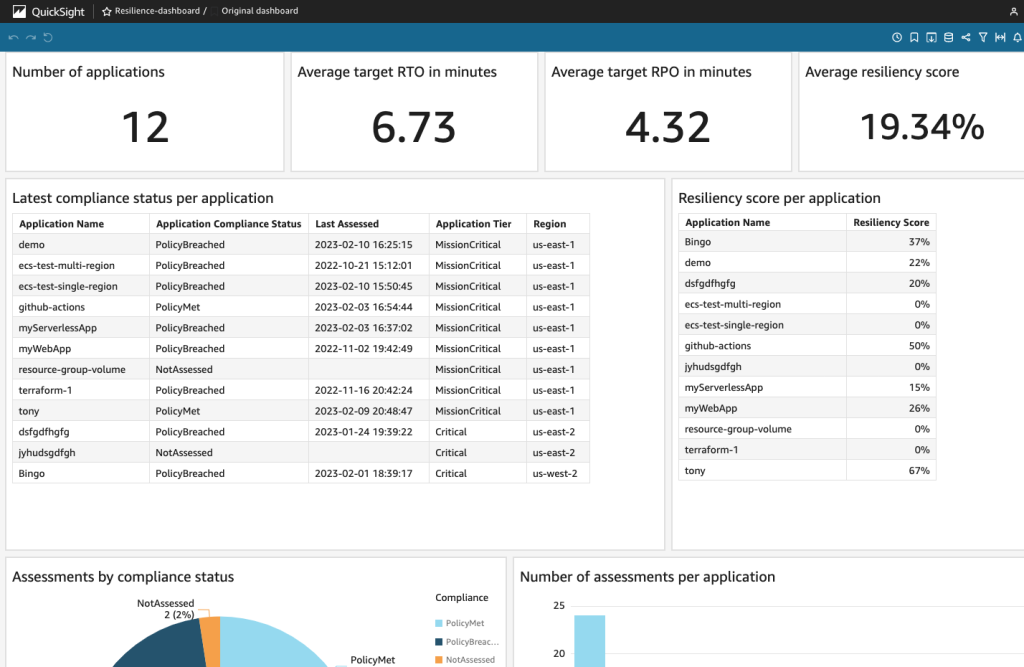
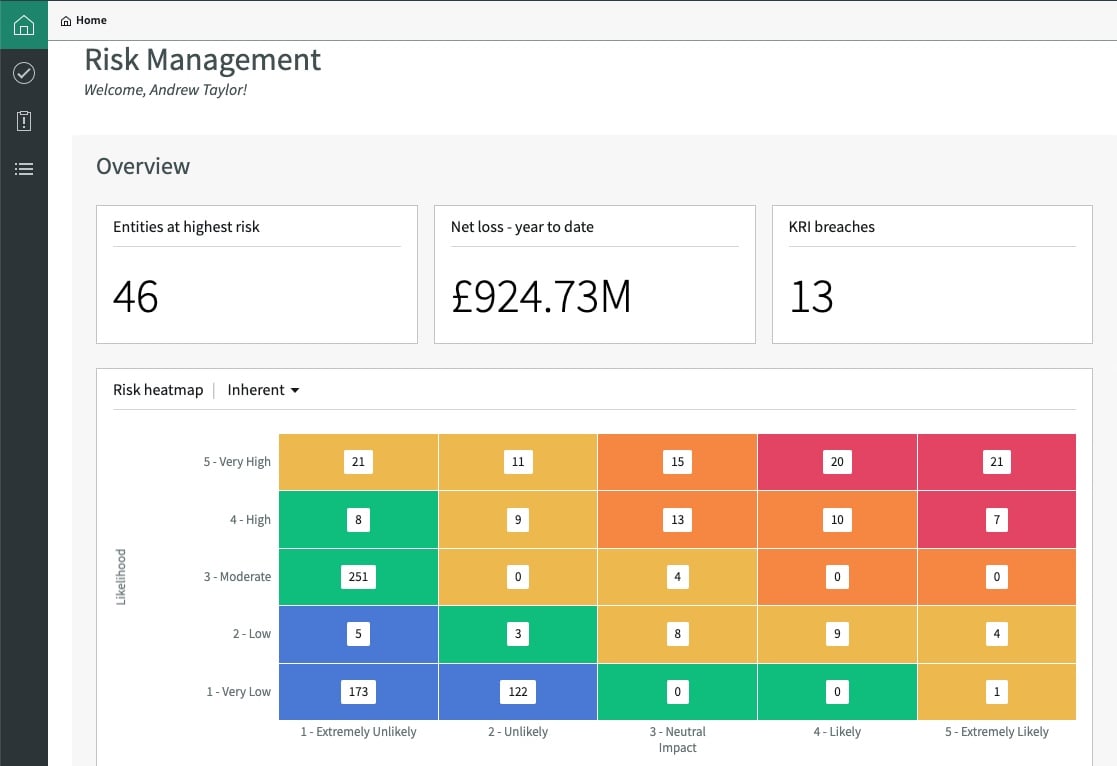





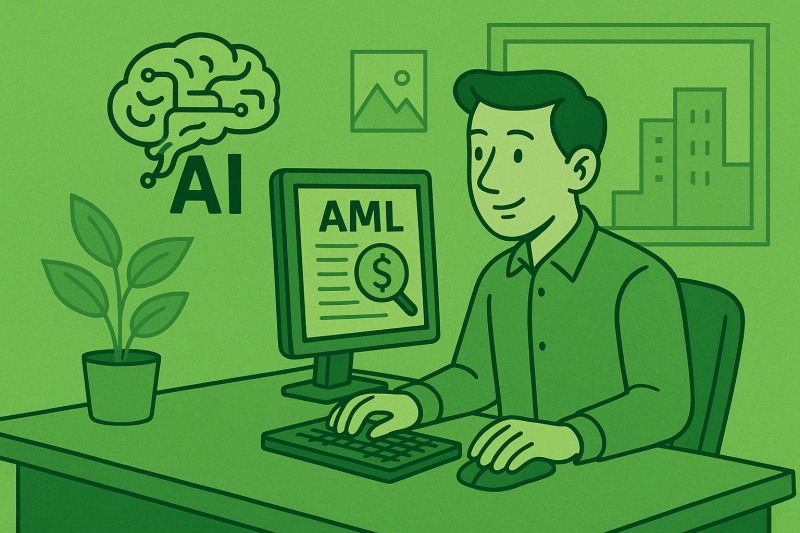

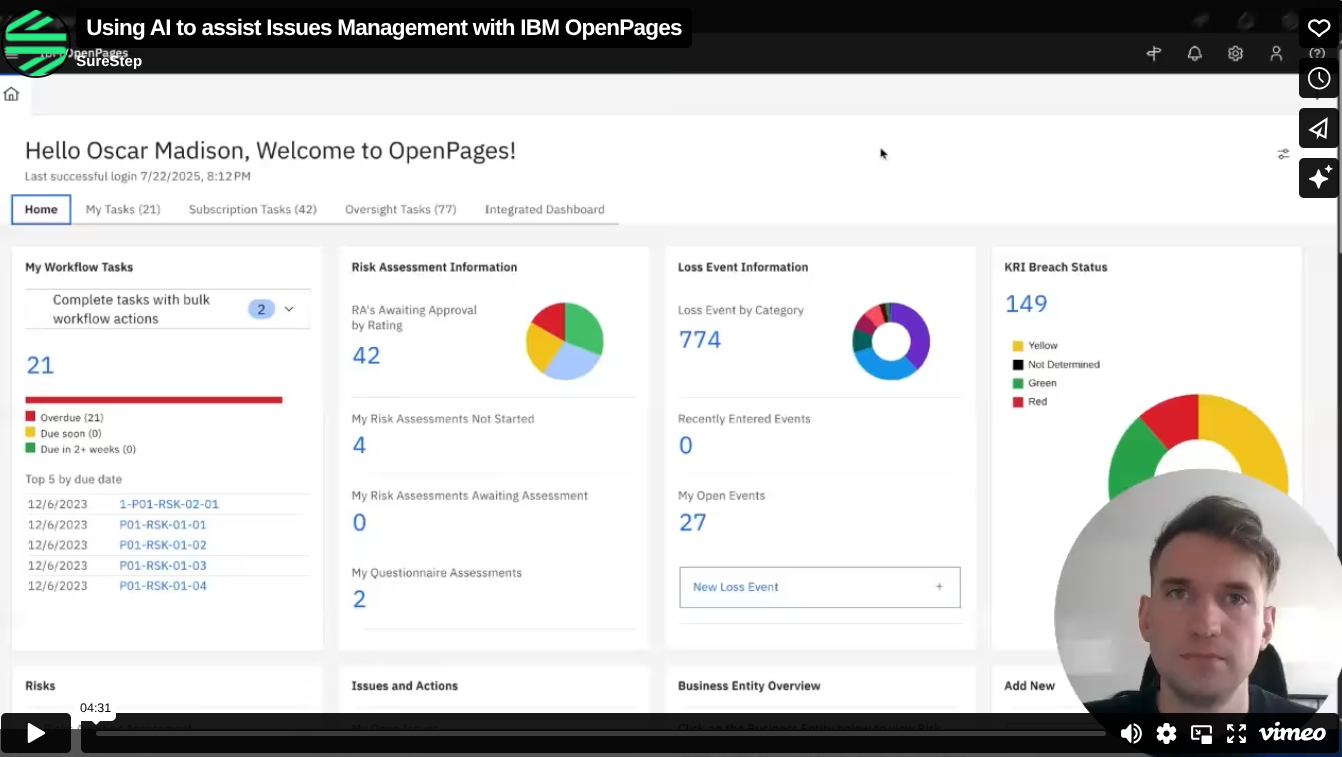
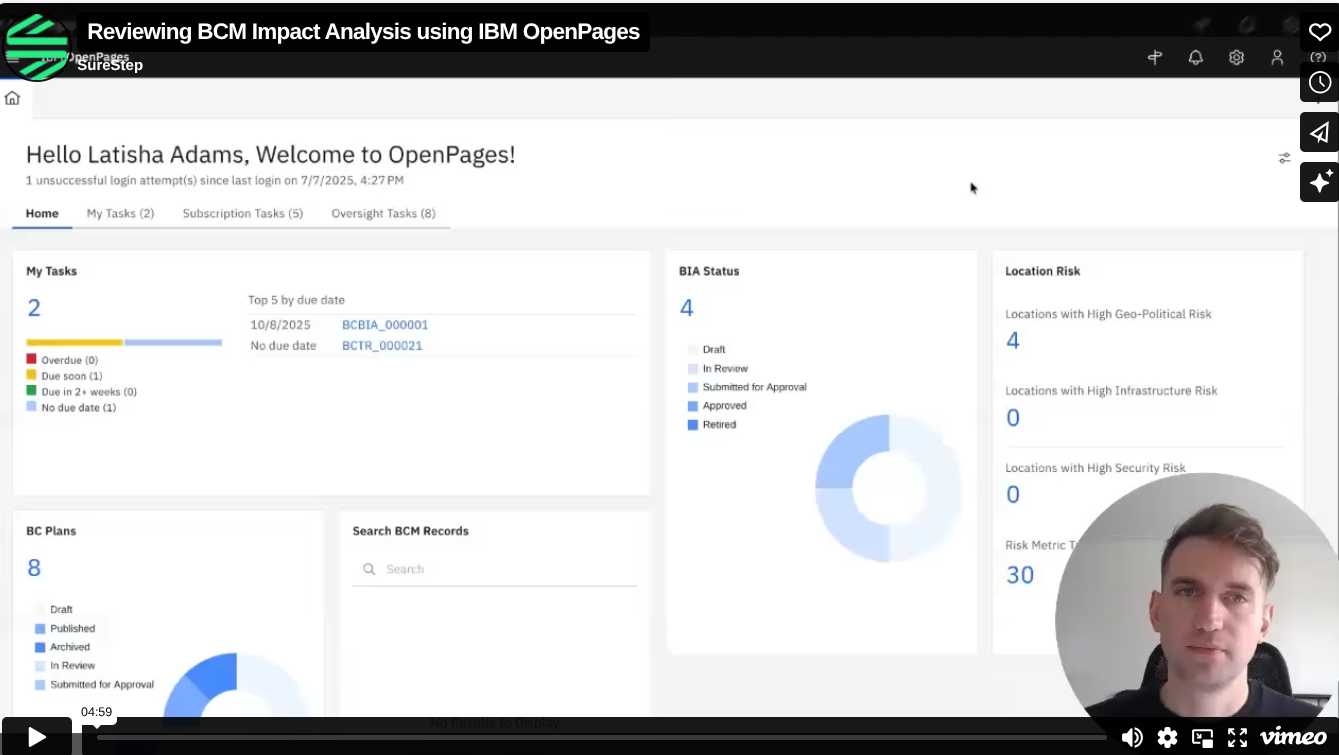


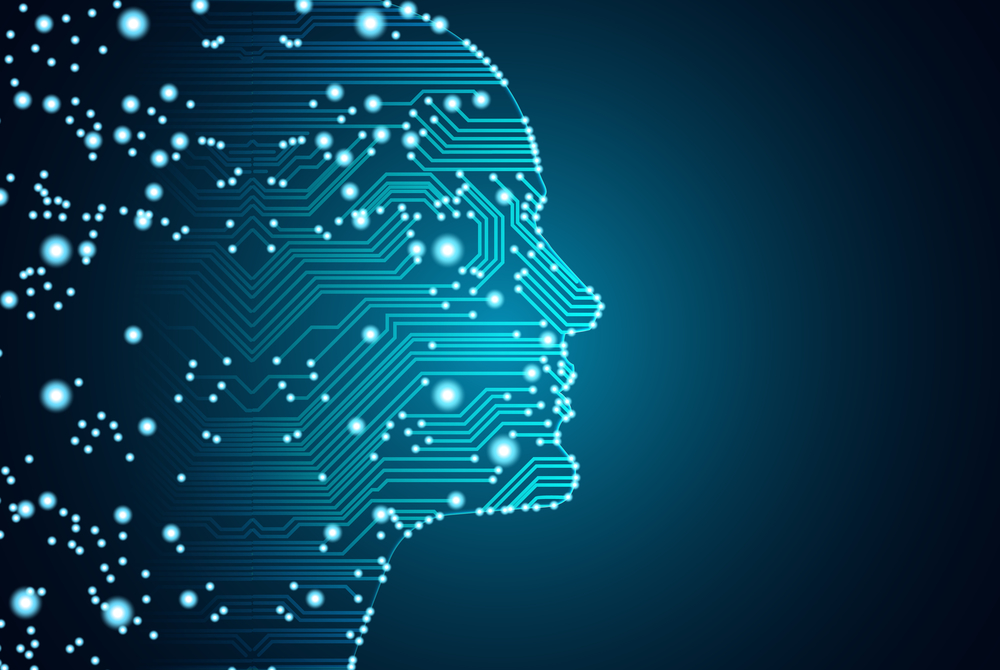



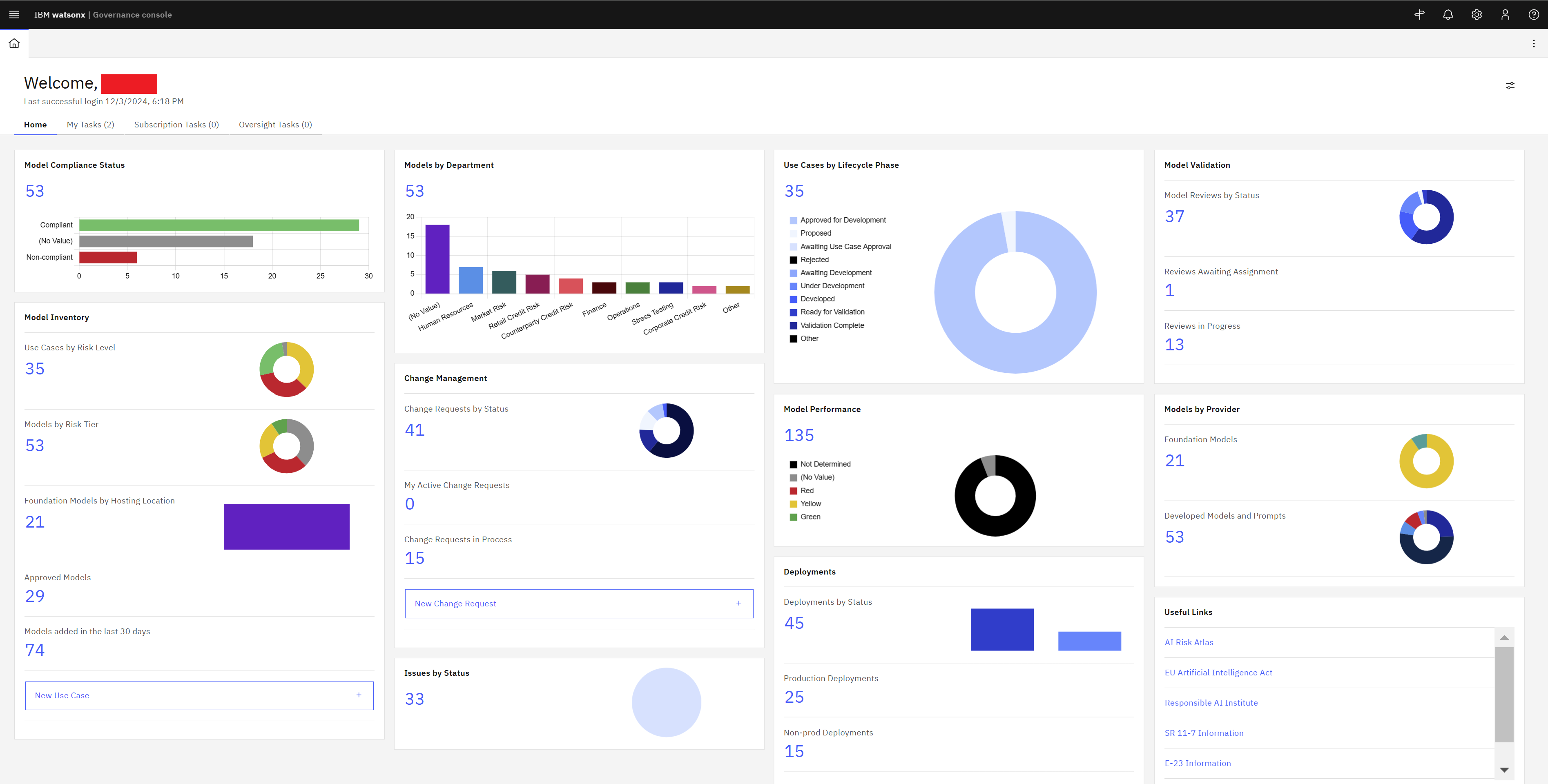
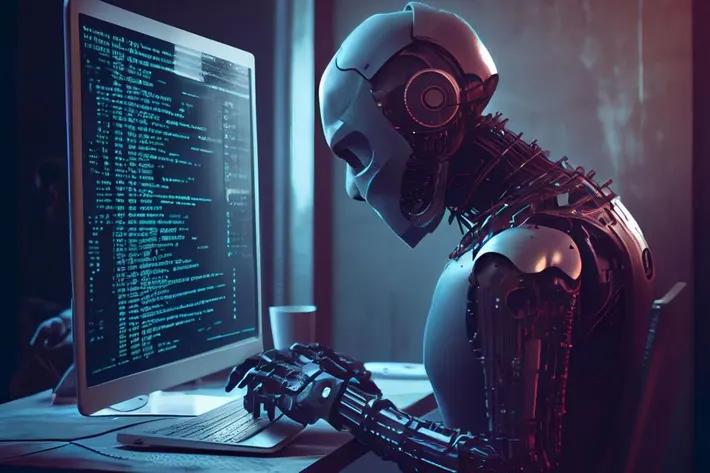
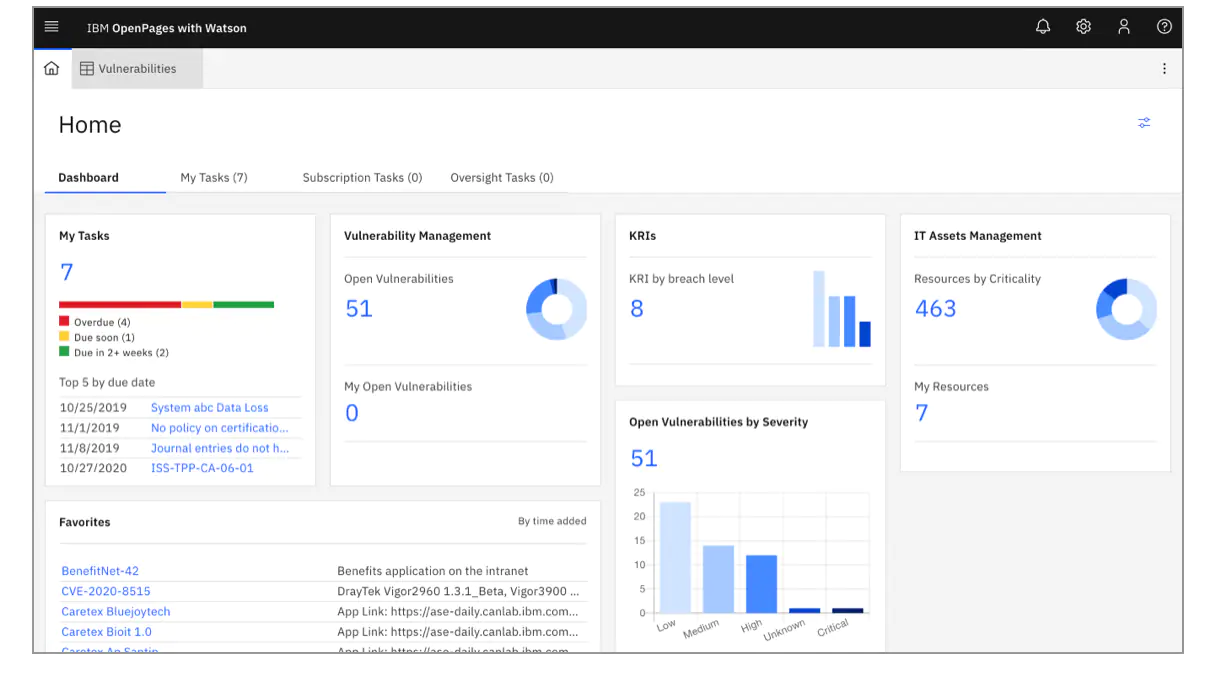
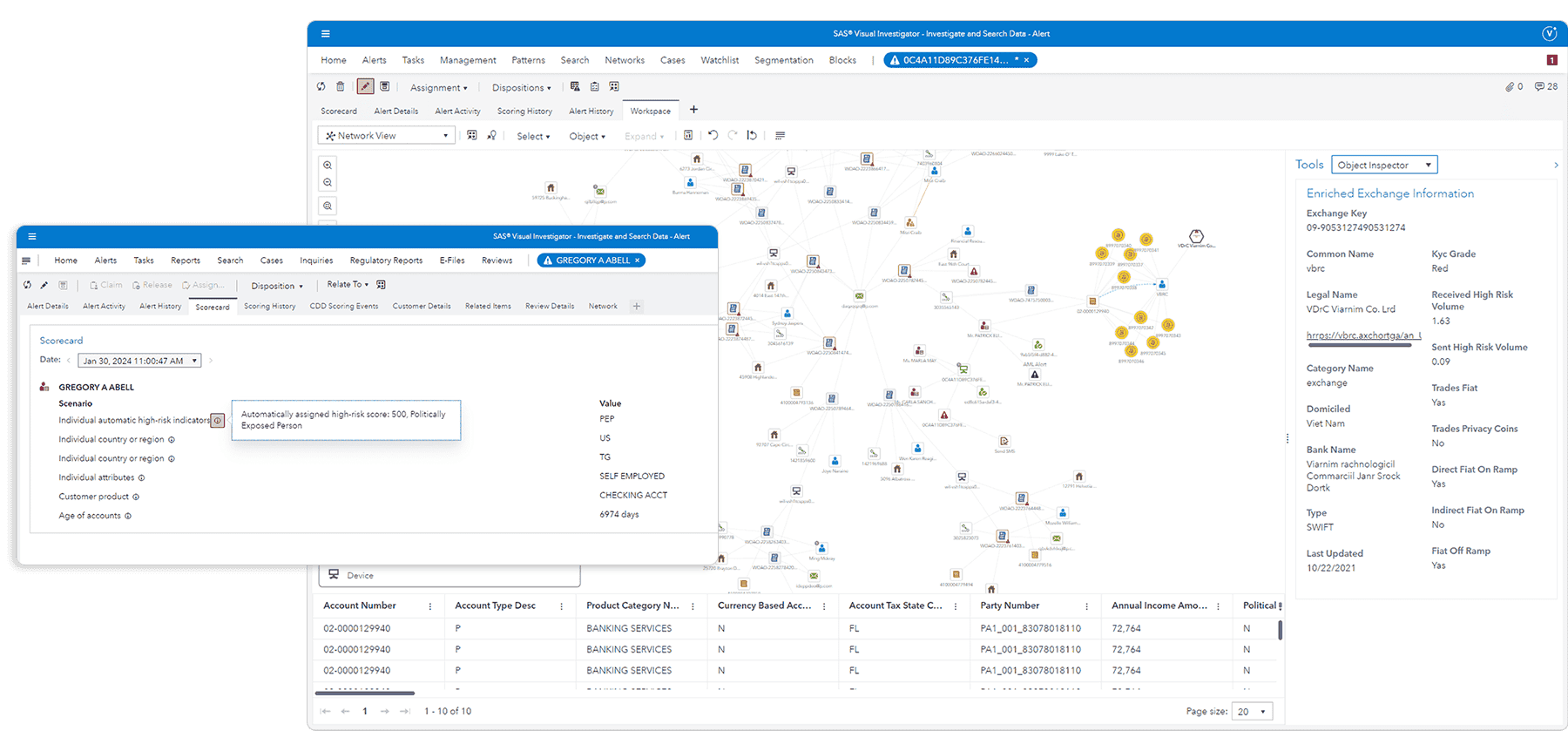
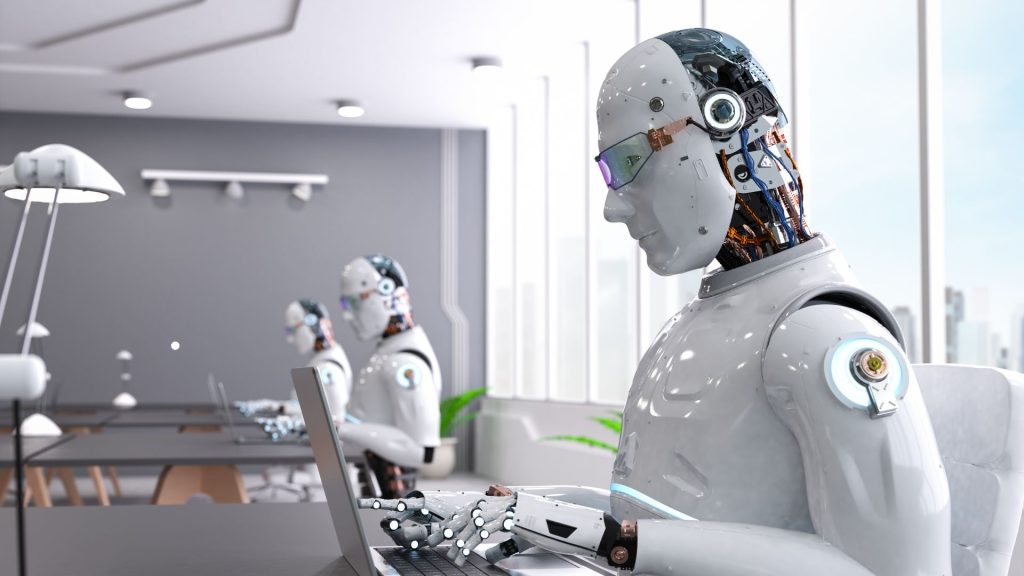

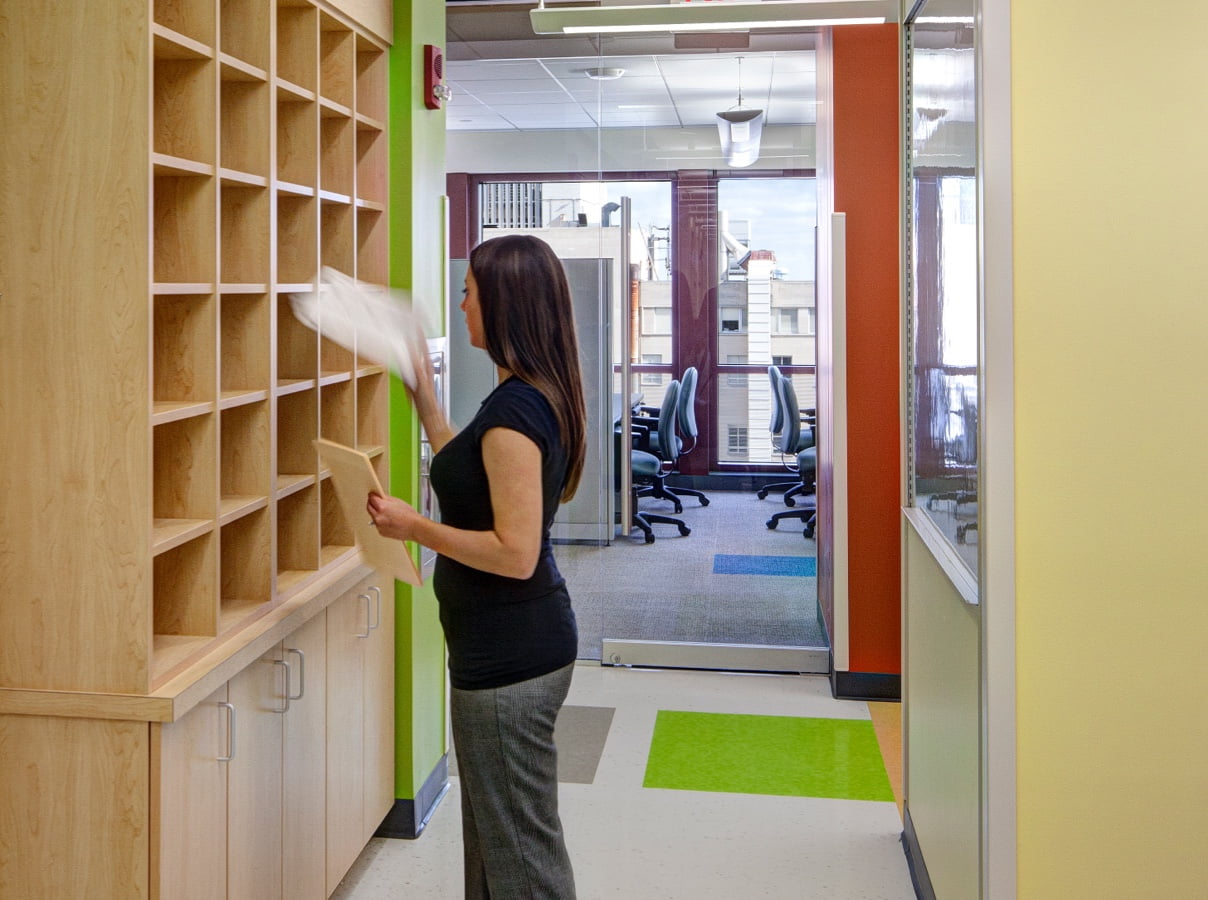


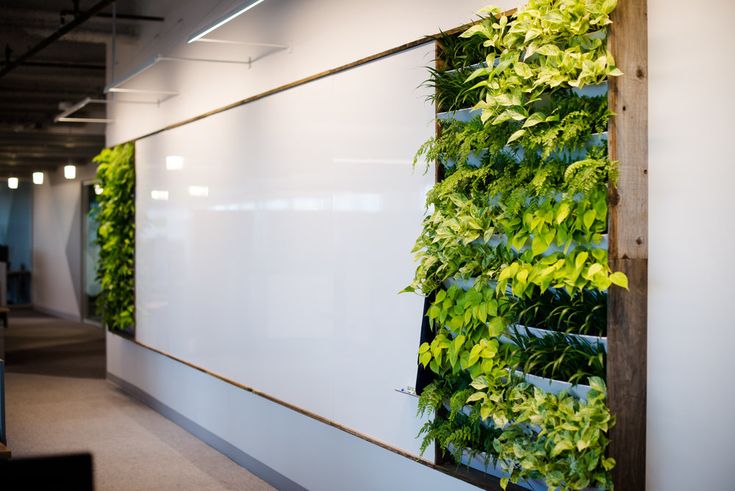

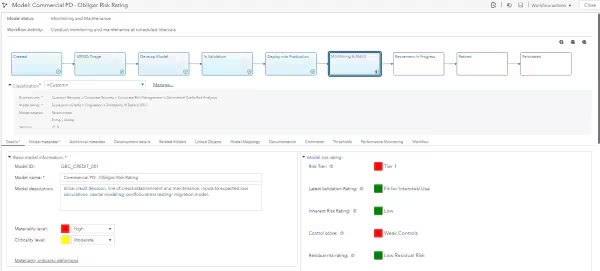


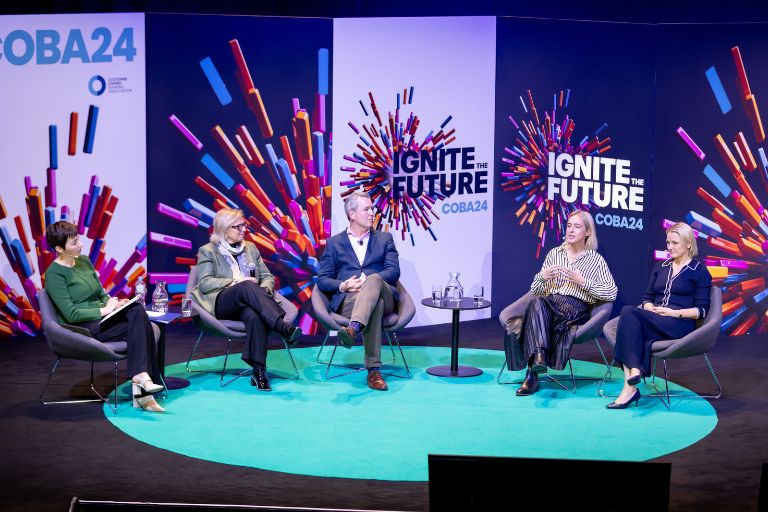






.webp)

-1.jpg)










.jpg)



























.jpeg)







